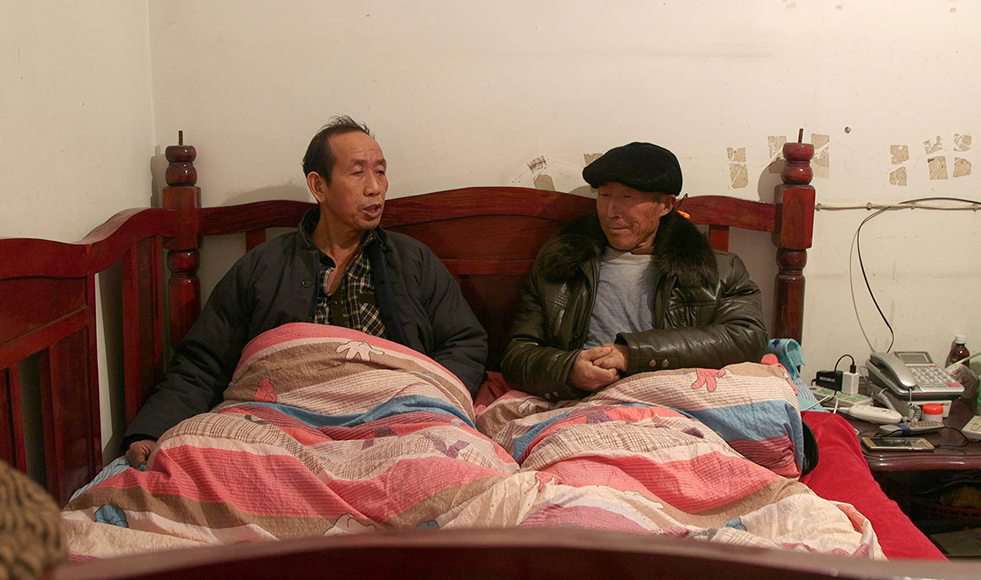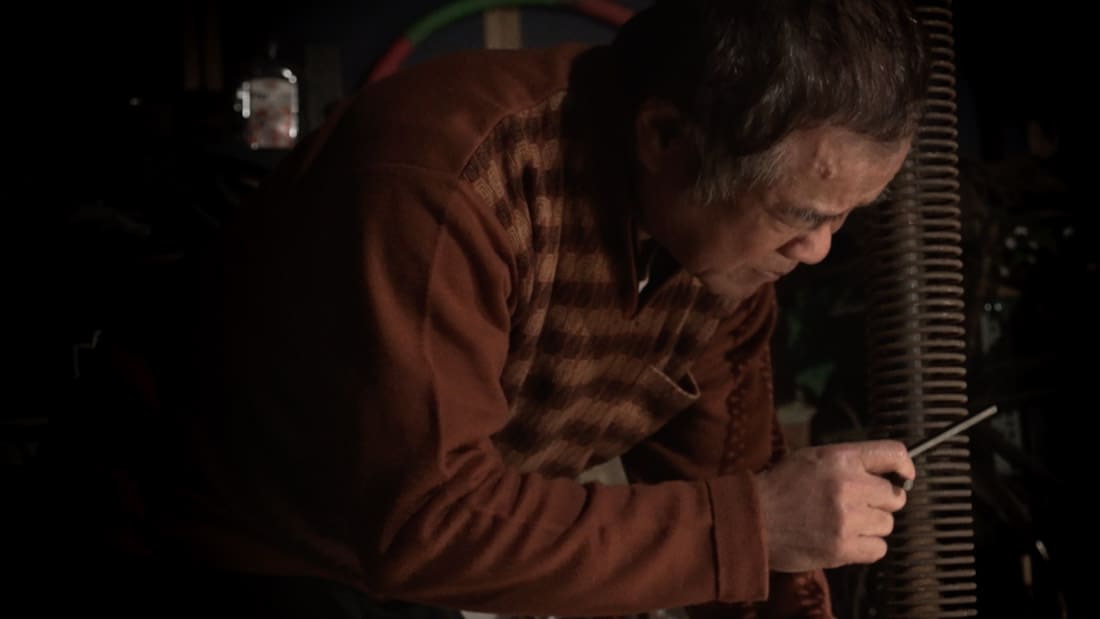The impact of the almost 40 years (1979 to 2015) the one-child policy was implemented in China was humongous as much as multi-leveled, particularly when combined with the traditional local notion of considering female children a problem. A number of filmmakers have been tackling the issue lately, with “So Long, My Son” and “One Child Nation” being two of the most recent. Meng Han and Vincent Du implement a different approach to their documentary on the topic, by following a woman, Fengxia Cai, who is in search of her actual parents, despite the fact that ones who raised her, did a fairly good job.
“China's Forgotten Daughters” is screening at CineCina iFest

Fengxia is 30 years old, married, and with children of her own, but the gap the abandonment by her biological has left is not yet filled, and has led her to a decade long search for them, along with her husband who is silently but intently supportive. After the introduction of her and her family, the documentary introduces The Family Finding Association, one of whose representatives agrees to meet with Fengxia, and soon has her reunited with her parents.
The documentary is split in two parts, with the first dealing with the One Child Policy and the protagonist's current situation and the reasons that led her to that search, and the second, and most shocking, with the reunification. The way the second part progresses is truly unusual, since Fengxia soon has her whole family visiting the one who abandoned her, with the latter explaining the reasons behind their actions. Her actual father seems completely unapologetic for his actions, but her mother obviously struggles as she hears him telling the story, while sitting in the same bed with Fengxia's adopted father. Soon, jealousy, a sense of “ownership”, and regret become part of the equation, as everyone involved try to come to terms with their feelings about both this very new situation and the past.
Vincent Du's camera follows all the proceedings as closely as possible, without, though, becoming part of the narrative, with both his and Meng Han's efforts focusing both in the main story, but also on the whole concept and the tormenting these women still experience as they search for their real parents by the thousands. At the same time, their approach also highlights that family and belonging are not always directly depended on blood-relations, with Fengxia's final discussion with her adoptive father presenting this concept in the most eloquent fashion.
Meng Han and Ka Ue So's editing allows the story to unfold in a rather fast pace that helps the film's watchability, while at 70 minutes, the documentary does not overextend its welcome in any way, particularly considering how rich the narrative is.
“China's Forgotten Daughters” is a movie that sheds light on a number of very important issues through a more personal look and an intriguing approach. Not much more one could ask from a documentary















